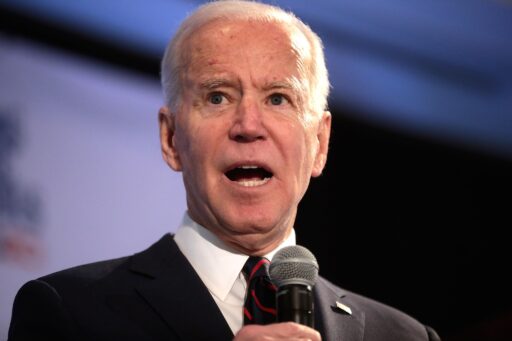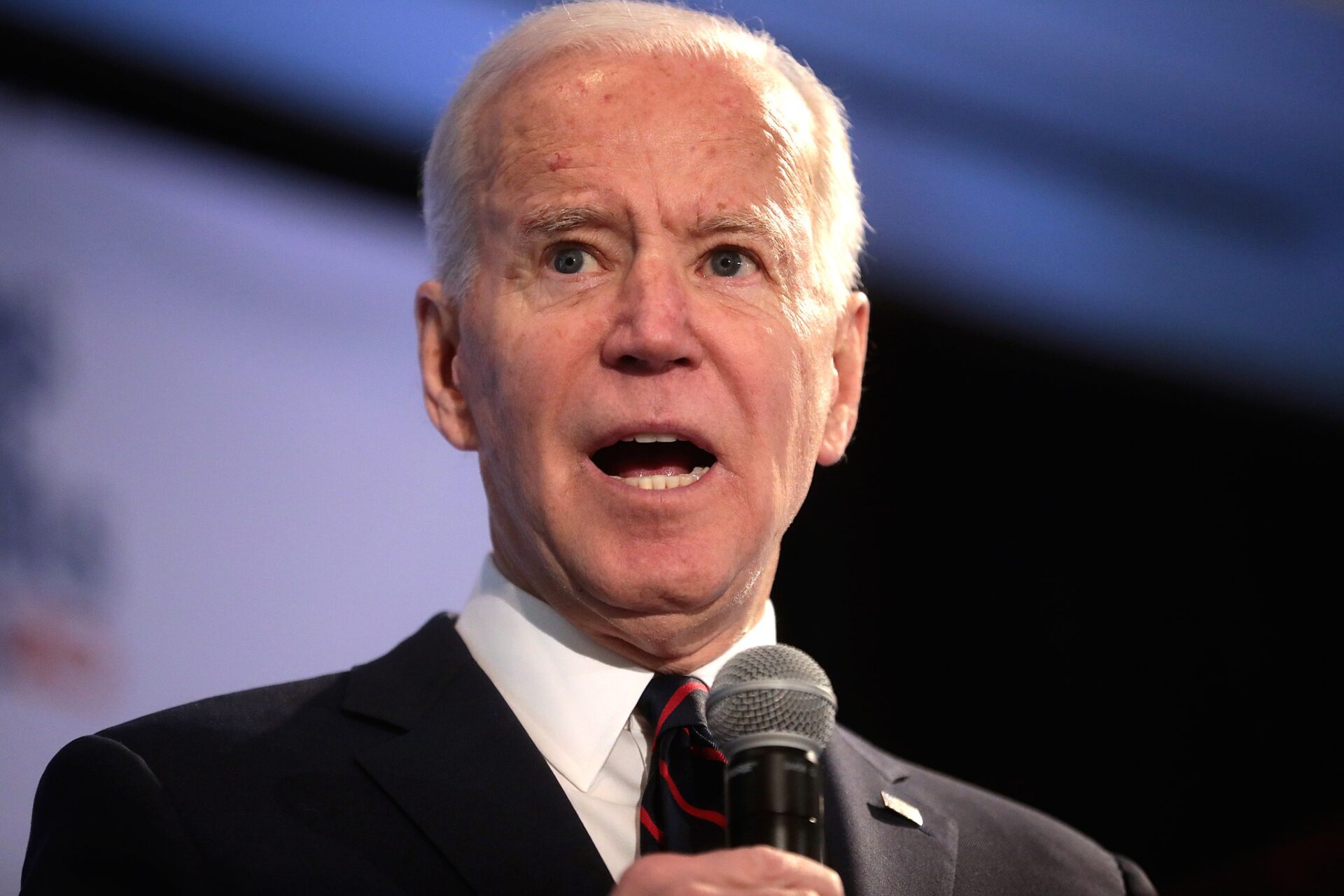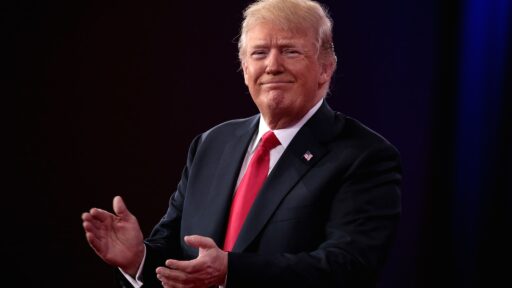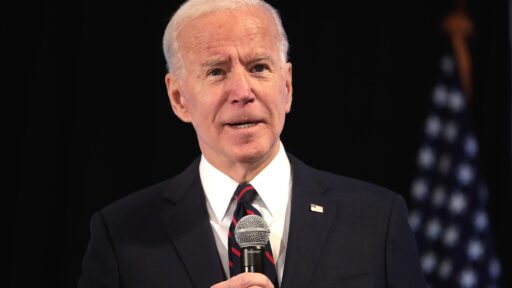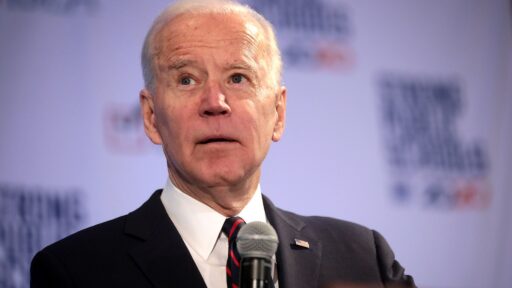Speaker Johnson Condemns Latest Debate
House Speaker Mike Johnson of Louisiana recently commented on the possibility of invoking the 25th Amendment to remove President Joe Biden from office, expressing concerns about Biden’s perceived lack of leadership and strength on the global stage. Johnson, speaking in an exclusive interview with Newsmax’s Tom Basile, highlighted what he described as a dangerous display of weakness that could embolden America’s adversaries.
In his remarks, Johnson lamented the implications of Biden’s performance, suggesting that it could be viewed as a signal of vulnerability by countries like Iran, Russia, China, and North Korea. He referred to these nations collectively as an “axis of evil,” drawing parallels to historical contexts where weak leadership invited aggression.
Johnson asserted that Biden’s administration might not be solely led by the president himself, suggesting instead that a cadre of progressive advisers might be exerting significant influence behind the scenes. This, he argued, could undermine Biden’s effectiveness and authority as the nation’s leader.
The Speaker emphasized that such concerns were not new but had gained renewed urgency following what he described as Biden’s cognitive lapses during a recent debate. He criticized what he perceived as a delay in public recognition of these issues, attributing it to what he termed a misleading narrative perpetuated by the White House and congressional Democrats.
In concluding his remarks, Johnson reiterated the need for a strong and decisive leadership that commands respect on the global stage, contrasting it with what he portrayed as the current administration’s shortcomings. He warned against further perceived displays of weakness, asserting that such vulnerabilities could invite aggressive actions from America’s adversaries.
Overall, Johnson’s comments underscore a broader debate about presidential authority and leadership style, reflecting concerns about both domestic governance and America’s standing in international affairs.


